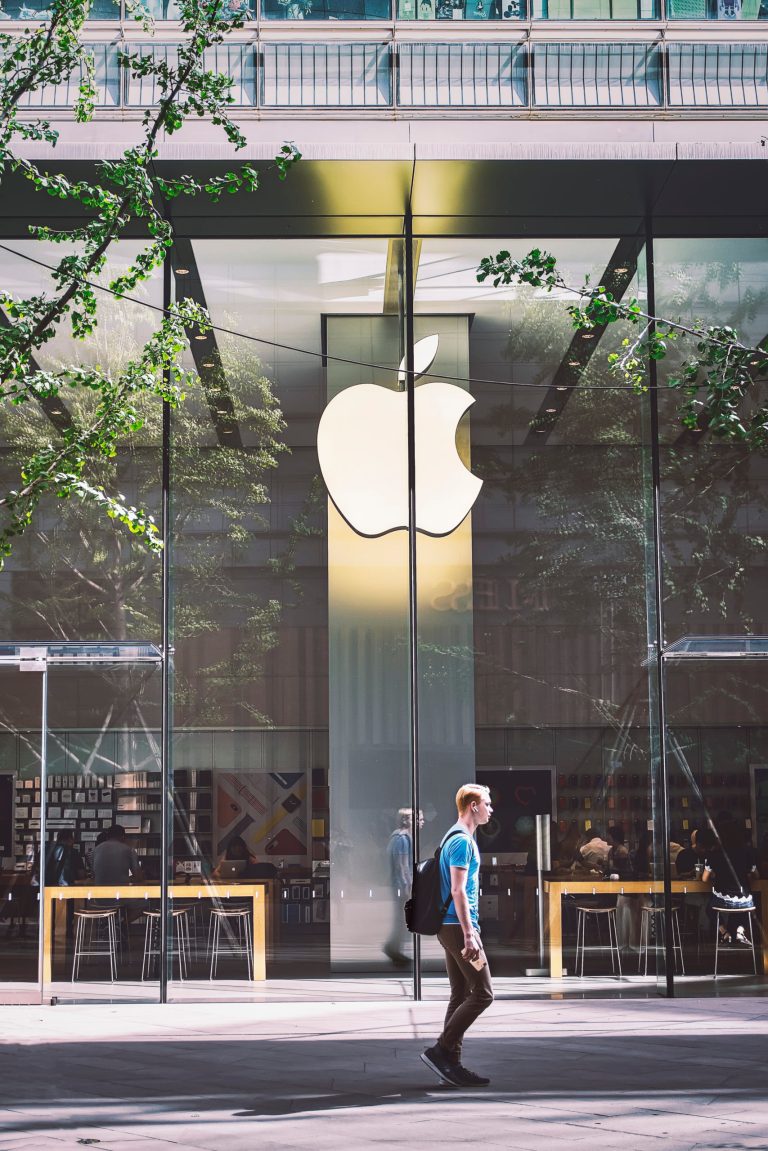In an executive order issued by President Trump on June 22, the administration announced the temporary expansion of restrictions on work visas in the United States. President Trump’s order, which went into effect June 24, would suspend the issuance of L-1, J-1, H-1B and H-2B visas until at least the end of the year, keeping approximately 219,000 temporary workers out of the country, according to an estimate by the Migration Policy Institute. (L-1 visas allow foreign workers in an international company to relocate to the company’s U.S. offices, and H-1B visas allow employers to hire foreign skilled workers to come to the U.S. to work.)
Stanford’s international community may see an impact, as the University was approved for 94 H-1B visas this year, according to Mercury News. Positions at Stanford eligible for H-1B visas include academic faculty positions, postdoc positions and some regular staff positions.
The Bechtel International Center held several virtual town hall meetings in the week following the order to provide information about its effects. The first of these town halls was led by Bechtel’s advising team, during which Assistant Dean and Assistant Director at Bechtel International Center Lee Madden confirmed that the expanding restrictions would not threaten visa-holders currently in the country.
“The order does not affect anyone who’s presently in the U.S.,” Madden stated. “The scope of the order affects those who seek to enter the U.S. in the affected classifications.”
In regards to the H-1B visa specifically, Kathy Shek, a senior scholar advisor at Bechtel, explained that the order does not make it possible to file for an H-1B using consular processing, which means getting an H-1B visa stamp outside of the U.S.
“Unfortunately the folks who are needing to get a [H-1B for consular processing] will not be able to get one and enter the U.S. until the executive order expires or is lifted,” Shek said.
Prior to the enactment of this executive order, President Marc Tessier-Lavigne expressed his opposition to restrictive immigration policies in a letter to Secretary of State Mike Pompeo. In the message, Tessier-Lavigne “respectfully” urged “the rejection of any policies that include blanket limitations, revocations or eliminations of visas for international students and scholars, including J, F, and H1-B visas, as well as programs like Optional Practical Training that encourage the gifted minds of the world to choose to study in America.”
While Trump has stated that these measures were meant to aid economic recovery from the pandemic, many Silicon Valley executives have argued that they would do the opposite. Tech companies who rely on the H-1B visa for workers have argued that the visas allow them to access the most talented workers in the world and that such restrictions would send these workers to other countries, creating competition for U.S. companies.
Tech companies have also pointed out that the tech industry is currently playing a large role in the economic recovery from the pandemic, and executives believe that immigrant workers play a significant role in this effort by spurring innovation.
“Immigration has contributed immensely to America’s economic success, making it a global leader in tech, and also Google the company it is today,” said Google C.E.O. Sundar Pichai in a tweet on June 22, the day the order was announced.
Apple C.E.O. Tim Cook echoed this sentiment, writing that “this nation of immigrants has always found strength in our diversity, and hope in the enduring promise of the American Dream. There is no new prosperity without both.”
Contact Maya Karri at maya.karri ‘at’ gmail.com.
